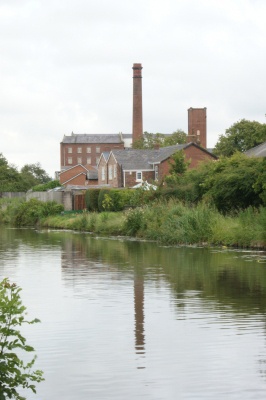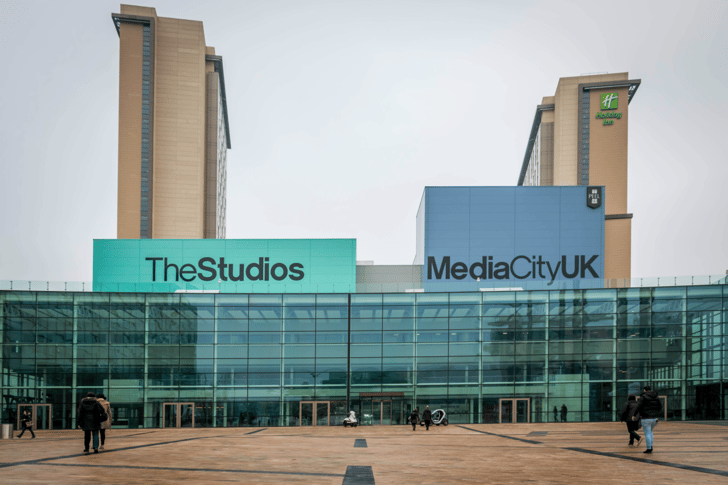Manchester has retained its title as the best city to live in the UK and has climbed to number 43 globally. Now known as the digital hub of the North, it was previously recognised as an industrial metropolis. Read more about the brief history of this progressive city and why it's an excellent location for any business:
16th Century
Manchester saw massive growth in the 16th century due to the textile trade and arrival of Flemish settlers who founded the town's new weaving industry. Despite the setbacks of the English Civil War the then small market town continued to prosper.
18th Century
The cotton industry helped escalate Manchester to become a powerhouse of the Industrial Revolution. Due to the fast-flowing rivers flowing from the Pennines supplying constant power to the city, it was the perfect location for the first steam-driven cotton mill. Britain's cotton industry reached its peak in 1912, however the outbreak of the First World War resulted in disaster for the industry in Manchester.

20TH CENTURY
By the 1980's, due to economic restructuring the cotton industry was completely obsolete, leaving behind only empty shells of mills and chimneys. However, the worldwide popularity of Manchester United F.C. and the blossoming Mancunian music scene in the 90's helped the city's economy. In 1996 Manchester was devastated by the explosion of an IRA bomb leading to a massive regeneration project of the city lasting 10 years.
Image Source: Christian Southworth via FreeDigital Photos.net
2000
Over £83m of public sector funding and £500m of private sector cash was invested in the city to transform it from bomb site to style capital. With an increase in contemporary loft apartments, designer retailers such as Harvey Nichols and international companies including The Bank of New York, the city had magnificently transformed.
 Image Source: Orega
Image Source: Orega
NOW
Today not only is Manchester viewed as the best city to live in the UK, it is also seen as a global cultural, digital and creative hotspot. With The BBC and ITV moving to MediaCityUK, Salford Quays, the city is the second largest media and digital hub in Europe and growing faster than anywhere else in the UK. In 2014, George Osborne revealed plans to develop a northern "supercity" to rival London by linking Manchester, Liverpool, Leeds and Sheffield. Should these plans still go ahead, Manchester's economy would prosper from the increasing investment in improving amenities throughout the region. Offering a growing skills base, bright talent and easy worldwide connectivity, the city is the perfect base for any business.
Want your business to thrive in this dynamic city? Move to one of our business centres in Manchester: Orega MediaCity, Orega King Street or Orega Piccadilly for your opportunity to experience excellent professional services in a vibrant atmosphere.
Header Image Source: William McCue on Unsplash

